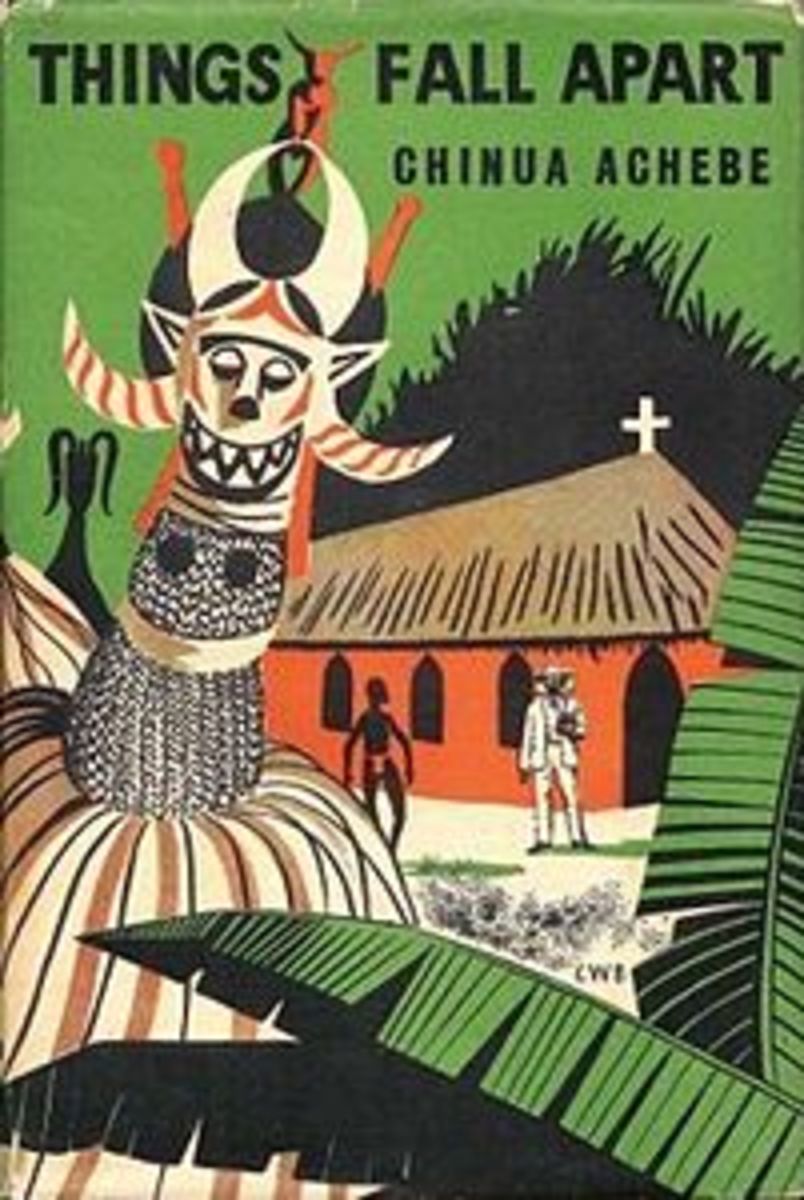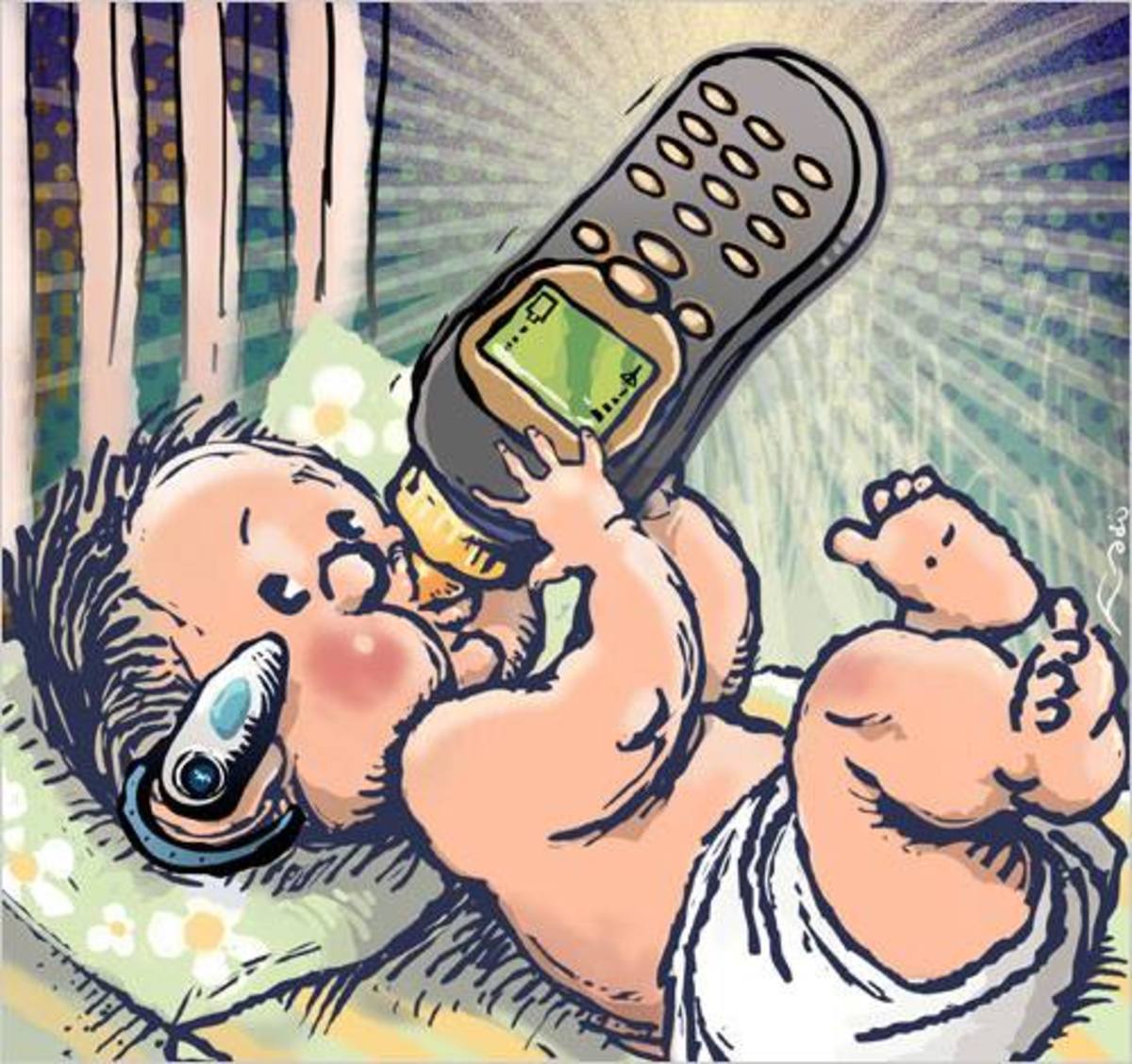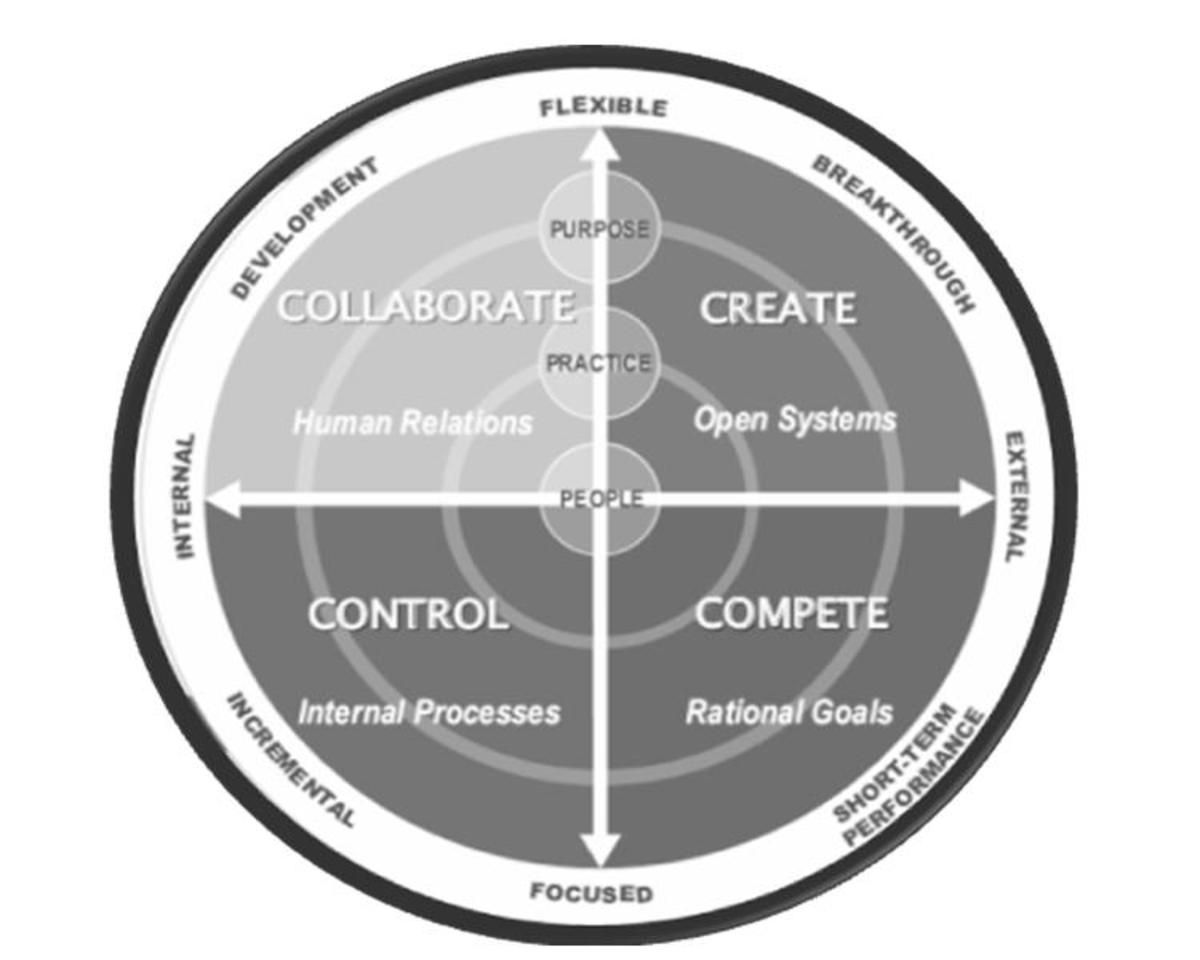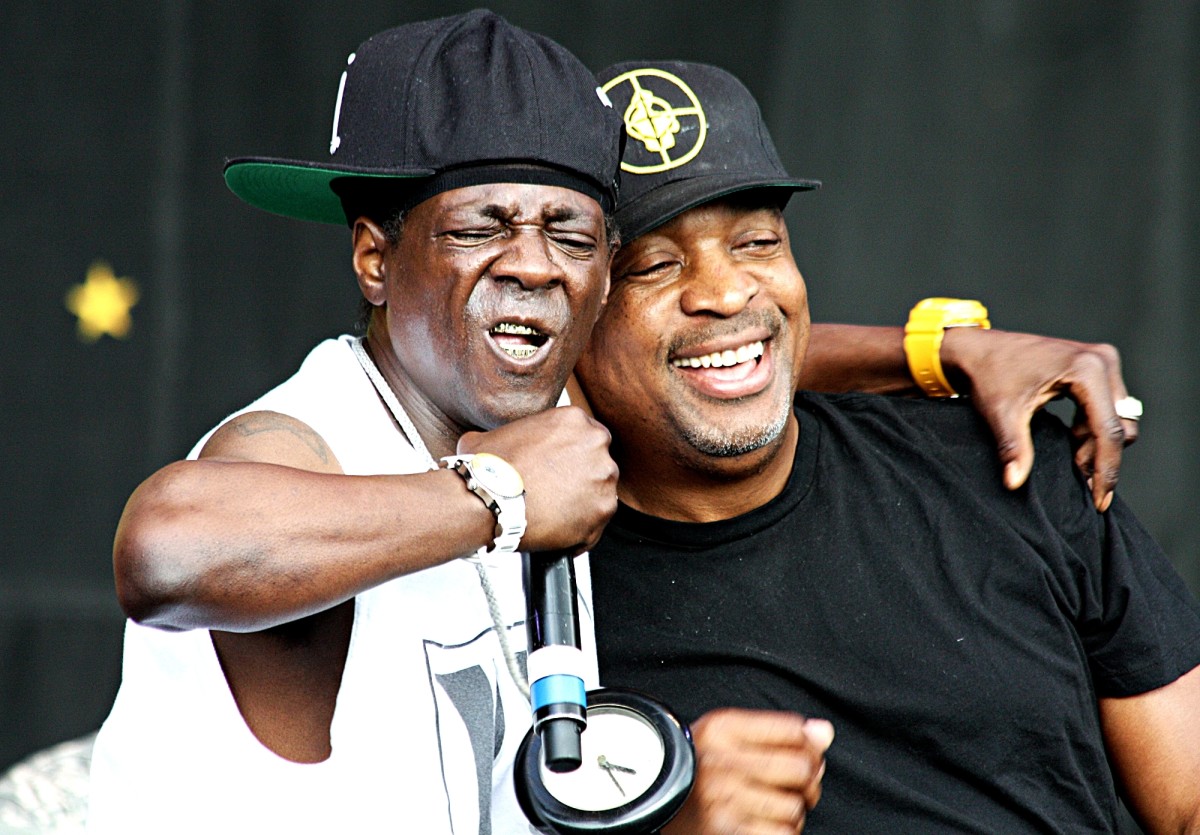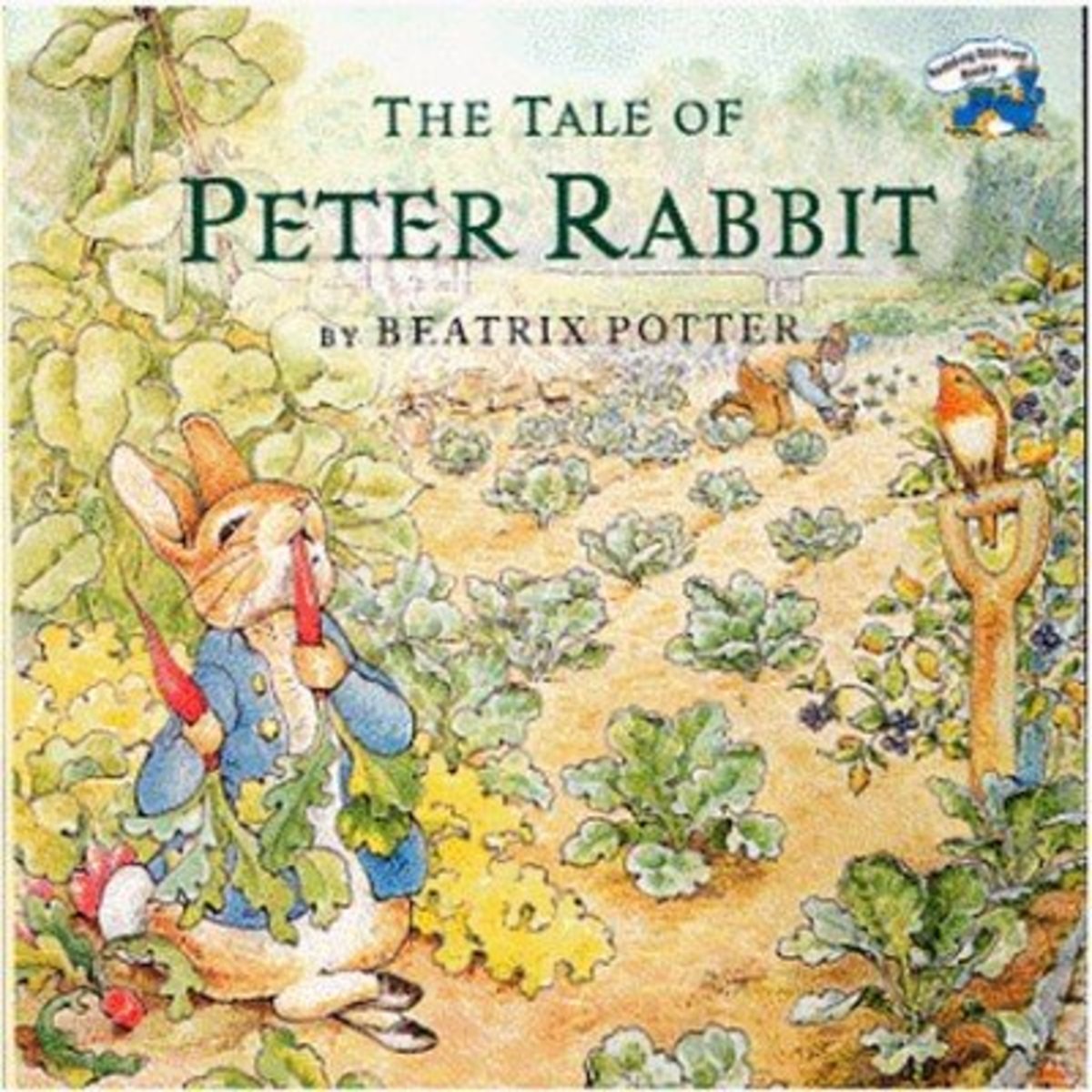Things Fall Apart by Chinua Achebe, synopsis,summary,quotes,themes,analysis-colonialism,society,women,culture
Detailed study of famous novels
Check the links below
- The Awakening by Kate Chopin - A detailed study
- Alice in Wonderland and James and the Giant Peach -Surrealism in Literature
- Joseph Conrad - The Heart of Darkness
- The bluest eye by Tonni Morrison
- John Steinbeck’s The Grapes of Wrath
- To Kill a Mockingbird by Harper Lee
- The Scarlet Letter by Nathaniel Hawthorne - the most famous symbolic novel in American Literature

Achebe’s Things Fall Apart
Things Fall Apart, the celebrated novel by Chinua Achebe, Nigerian author dramatizes the political, cultural, economic and religious changes. The novel is about the social, cultural, religious and political changes that occurred when the white men entered the African continent. The novel is based on the characteristics of man as self-reflexive beings and the conception of culture as a sum of control mechanisms.
Things Fall Apart summary
Things Fall Apart is a story about a culture that is on the brim of change. The novel explains how the reality and prospect of change influence various characters. The confusion about whether change should be valued over tradition includes several questions of personal status. Okonkwo is found to be opposing the new religious and political order as he is of the belief that they are least manly. He feels that he himself will turn out to be unmanly if he tolerates such orders. His resistance of cultural change is because of his fear of losing his social stand. His sense of self-worth is based on the traditional notions through which his society judges him. This very set up of evaluating the self compels outcasts of the clan to accept Christianity. Long scorned, the unfortunate outcasts of the culture find a refuge in the Christian value system as their Igbo cultural values always kept them underprivileged. These converts are privileged to get a better status in their new community. The villagers in the novel are caught in a dilemma. They are caught between refusing and accepting change and they are caught in the dilemma of trying to decide how to adapt themselves to the reality of change. We find the villagers being excited about the novel techniques and opportunities brought by the missionaries. This European influence is attempting to stop the need for knowing the traditional methods of building, cooking, harvesting and farming. These traditional methods that were once mandatory for survival are not at all important now. Throughout the novel, the author attempts to show that how the language and story telling influence their traditions. The abrupt the abandonment of the Igbo language for a different foreign language resulted in the eradication of their valuable traditions.
Things Fall Apart themes - colonialism in things fall apart
Role of women in things fall apart
In the novel the reader encounters the Igbo people encountering a critical watershed moment as they are subjected to various forces of change. The storming of the colonizing force is found to be threatening to bring changes in all spheres of the society. Family structure, religion, relations, gender roles, trade, occupation, everything was forced to undergo changes. In the novel we see tat the author’s representation of the nature of the society changes overtime. Role of women underwent major changes. Women who were earlier restricted to their homes began initiating the social changes through the roles they play in the trade happening in the market. Women began exercising the decision-making powers. Prior to colonialism women had no such roles. Women began participating in the production of crops that were traded in the market.
Things Fall Apart Analysis
Changing culture presented in things fall apart by Achebe
The novel is all about a rapidly changing culture. Because of the sudden and unexpected introduction of new concepts by foreigners, almost all aspects of Igbo culture started to change. All important features of the culture, including the nature of gender relationships began to undergo changes. Before the coming of new cultural influences, the gender roles in the society were completely standardized. This is evident in the interactions of Okonkwo, wives of Okonkwo, and other men and women and men in Igbo. Women of that culture were assigned few roles. These were their sedentary cultural norms and not the changeable features of Igbo culture.
However, the new foreign culture capsized all these practices. Role of women began to shift upon the introduction of the new culture.
Things Fall Apart quotes that explain the transition happened in the society
One rapid cultural change that occurred in the society is evident in the terms of crops harvesting. While they still do not harvest yams, “a man’s crop” (Achebe 22), and symbol of “manliness…(and) great(ness) (Achebe 33), the “coco-yams, beans and cassava” (Achebe 22) become increasingly important to the Igbo and their trade, despite men’s clinging to the yam as an important symbol of the Igbo culture (Achebe, 1994). Women started getting a better stand in the enterprise of trading. They began to have more direct relations with foreigners than men. Women’s contacts and selling power increased. They began to have more influence in the society. Their power in asserting themselves increased and they began to exercise powers like the powerful male elders of the society who had traditional decision-making authority. For the men in the society, this change brought a big threat. The main character and, it is worth mentioning, very gender-role oriented male, Okonkwo, for instance, reflected on the colonial enterprise and remarked that the white man “has put a knife on the things that held us together and we have fallen apart” (Achebe 124-125). Women’s growing power, conferred upon them through their status acquired in trading, contested the historical notions of gender relations, summarized in the idea that, as stated in one of the important quotes from "Things Fall Apart" by Chinua Achebe that says, “No matter how prosperous a man was, if he was unable to rule his women and his children (and especially his women) he was not really a man” (Achebe 45). Trade thus initiated a series of changes in the role of women in the activities of the Igbo society. This further led to the changes in family relations, gender dynamics and the very foundation on which the culture of Igbo is built on. Things Fall Apart author Chinua Achebe wonderfully presents the strange transition witnessed by the people of the Igbo society.

